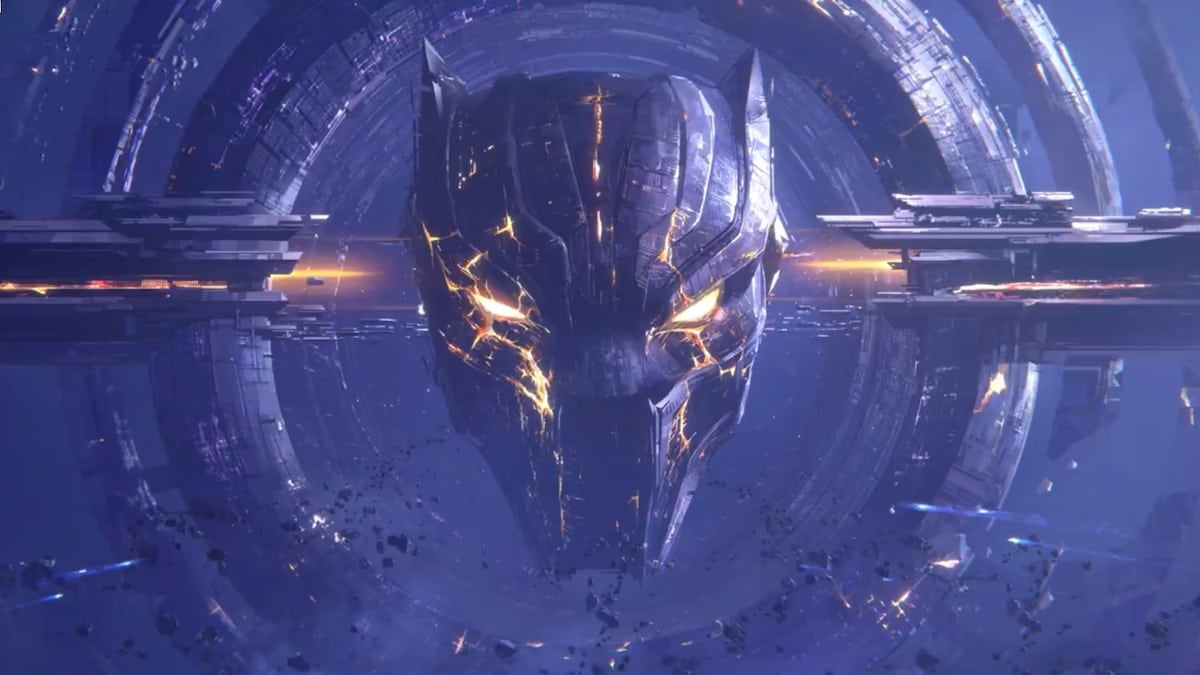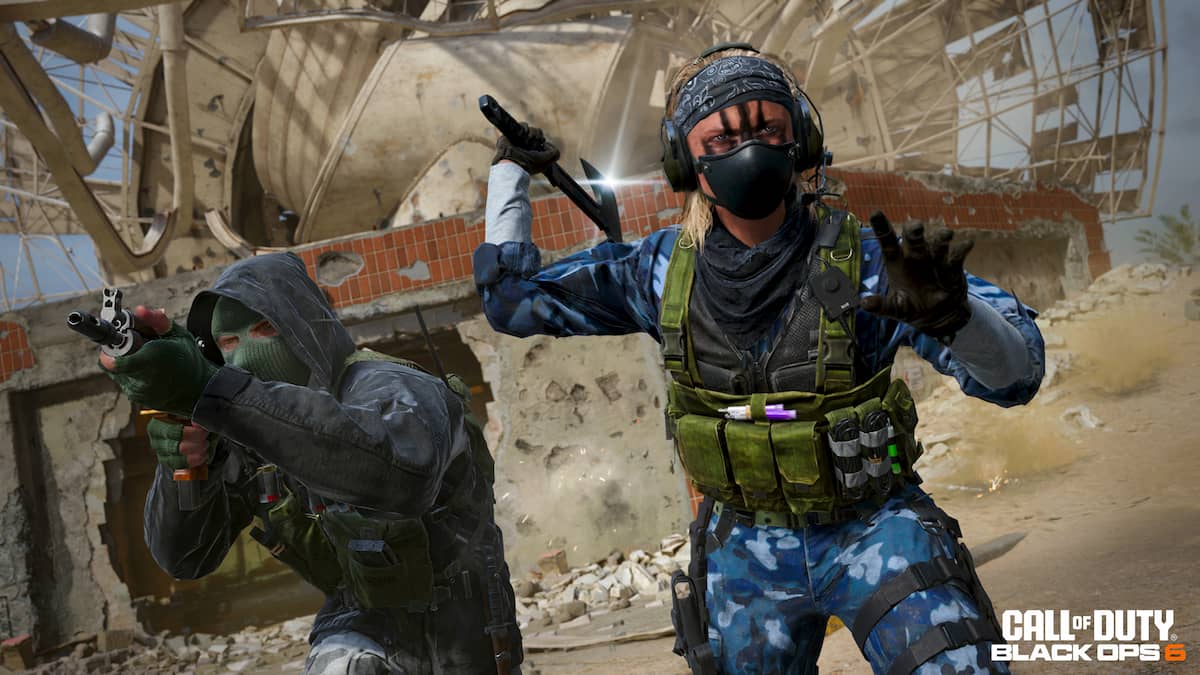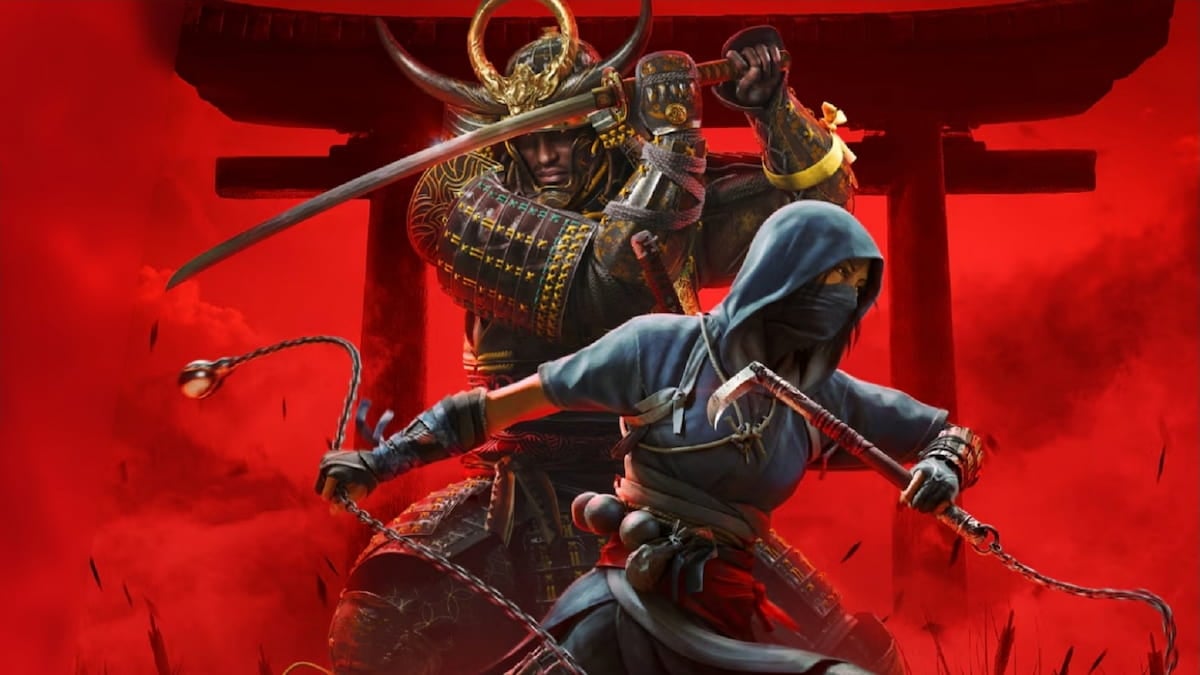Blizzard, the developers behind esports blockbusters like StarCraft 2 and Hearthstone, are launching an ambitious program to fund collegiate esports throughout North America.
A new initiative called the “Membership Milestone Program” is being developed in a partnership with The eSports Association (TeSPA) to “establish the foundation of a vibrant eSports ecosystem that is supported from both the grassroots and professional level,” according to Blizzard spokesman Steven Khoo.
The program will grant money, merchandise, in-game rewards, and valuable connections with Blizzard personnel to help colleges around the continent run professional-level esports tournaments.
Collegiate esports clubs in the program will automatically receive websites, mailing lists, manuals, and t-shirts to help organize. Blizzard will throws more into the deal as clubs grow. When a club reaches 65 members, Blizzard will offer product sponsorships and $300 cash to organize events. At 80 members, clubs can have their equipment—computers, keyboards, mice, headsets, and more-—upgraded by Blizzard. The highest level, 300 members, yields $500 organizing cash, in-game rewards for the company’s newest esport, Heroes of the Storm, signed gear, a meet-and-greet with Blizzard, and more.
“TeSPA has been a positive force in the eSports community built from the ground up by a small group of dedicated fans,” said Mike Morhaime, CEO and cofounder of Blizzard Entertainment. “By partnering with TeSPA we hope to give back to the players in a very new way to add fuel to an already thriving collegiate scene.”
One of Blizzard’s biggest competitors in esports, Riot Games, the developers behind League of Legends, are pioneers in the collegiate esports space. Through the company’s hugely successful Collegiate Program, Riot provides mostly merchandise and in-game money as prizes. That relatively small offering has helped build a dynamic and growing collegiate League of Legends competitive scene.
TeSPA dates back to 2010, when it organized a small inaugural tournament at the University of Texas Austin. Back then, the group kept its ambitions much smaller, calling itself the Texas eSports Association.
In 2011, TeSPA organized the Texas StarCraft Showdown and gained sponsorship from companies like AT&T. The event was a huge success and subsequent TeSPA tournaments, like the Lone Star Clash 1 and 2, featured world class talent and were widely praised by esports fans.
“Our goal is to empower passionate students to bring their eSports dreams to life,” said TeSPA co-founder Adam Rosen. “By doing this, we hope to cultivate thriving eSports communities while fostering the next generation of entrepreneurial business leaders in the gaming industry.”
In September 2013, TeSPA changed its name to the broader ESports Association, and announced plans to establish campus chapters across all of North America. It’s specifically targeting 75 of the most influential campuses to seed student gaming programs on in 2014.
TeSPA’s chief competition in collegiate esports is the Collegiate Starleague, a long-running tournament founded by Duran Parsi that pits North American schools against one another in an NCAA-style season.
Adam and Tyler Rosen, the twins who cofounded TeSPA, are widely considered the driving force behind the group’s success. As students responsible for hosting large tournaments, their professionalism won them scores of fans across esports. They’ve obviously impressed Blizzard brass as well.
In the past, automated IP address bannings have hamstrung college tournaments. Blizzard’s anti-cheating and piracy systems have been known to mistake tournaments—large clusters of computers on the same connection accessing Battle.net—as a threat. Although Blizzard has an appeals system set up to lift the “blacklisting” of IPs, appeals were not always handed in a timely manner.
Blizzard’s direct involvement in organizing these tournaments should help alleviate these types of issues.
Add to that prize money, equipment, and visibility, and you may have the recipe for collegiate success.
Open recruitment of students begins today at TeSPA.







Published: Feb 6, 2014 02:49 pm